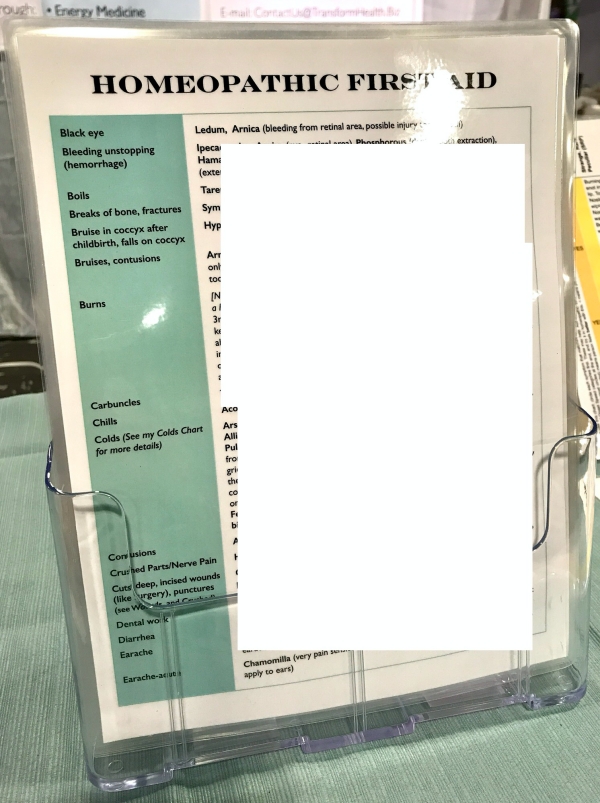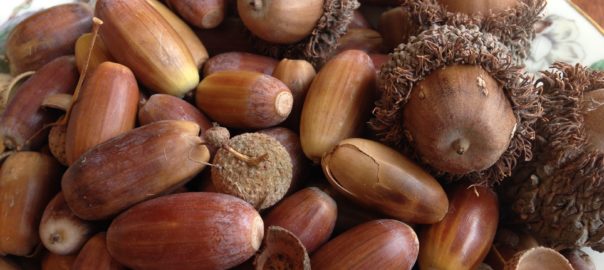People with food intolerances usually are reacting to the proteins in foods. The top lists include soybean, wheat gluten, dairy protein, and eggs. However, eggs are usually the “binder” of cookies, muffins and cakes. It’s hard to eat these recipes without eggs. Using apple sauce gives you a spongy, moist cookie (ask me how I know…)
I wanted to write today about how to replace eggs in recipes, because they are so common. That way, if you have a food intolerance, you can still have a treat. But we also look at whether they are safe to heat, and think about the presence of anti-nutrients.
Let’s Get Started:
This cake recipe on Youtube.com’s video from ShowMeTheCurry.com says to mix 2 TB flax seed powder with 6 TB warm water, then let it sit 10 minutes. Then use it in place of eggs. They have a carrot cake recipe. HOW MANY?? (It is really important to grind your own and use it quickly. Cheap coffee grinders work great. Store in the fridge. )
Sarah, The Home Economist, who has a great many fantastic videos, says in this video to mix 2 TB whole flax or chia seeds, and 4TB (1/4 cup) water. She then heats it gently for 15 minutes on warm heat. She then strains out the seeds and used the gelatinous gel. This mixture will replace 2 eggs in a recipe. (written version here)
She also says that people with thyroid issues should use chia seeds as their egg substitute, because flax is a slightly goitrogenic food.
Anti-Nutrients:
With both chia and flax seed, I am wondering about the phytase enzyme present in seeds. In seeds and nuts, it is necessary to soak them for 8 hours in salted water to break them down. Otherwise the phytase becomes a phytate, binds with minerals and vitamins in our bodies, and they get washed out in the urine. Yikes! Foods that take away nutrients! However, I reason that a small amount daily is not too much of a problem. **Sarah’s recipe is just using the gel part, however.
One Paleo expert, Mark’s Daily Apple is now against super-food claims of chia seeds. He says that the ALA in the seed does not convert easily to EPA and DHA in the brain. (Animal sources might be better in this case if you want DHA, because they usually don’t need converting to be absorbed).
Dr. Cordain also is concerned about the anti-nutrients:
“This revealing marker tells us that chia seeds are concentrated sources of phytate, an antinutrient that binds many minerals (calcium, iron, zinc, magnesium and copper) thereby making them unavailable for absorption. So, in our bodies, chia seeds actually become inferior sources of all these minerals. Similarly, the table suggests that chia seeds are good sources of vitamin B6. Unfortunately, in our bodies the utilization this vitamin from plant foods such as chia seeds is quite low, whereas bioavailability of B6 from animal products is quite high approaching 100%.” Source website- The Paleo Diet website
A second source, Paleo Britain UK, says that they are high in oxalates, which are also found in dark leafy greens. This substance can cause problems for some people. The presence of oxalates “…means the absorption of both calcium and iron will be decreased. Too much oxalate in the diet can be a problem in itself, especially for anyone suffering autoimmune disease or increased intestinal permeablity (leaky gut).” He also agree with Mark’s Daily Apple about the difficulty in converting the plant omega-3 fatty acid, ALA, to DHA, which is important for brain health.
I personally didn’t know to soak chia seeds when I first had them. The presence of so much fiber means that they hurt going down the system.
Safe to Heat?
The second question I have is the safety of heating flax seeds. I had understood from a well-respected local nutritionist that heating the flax oil can change it into a toxic substance. I thought they said it is also called “linseed oil”, which is used on furniture. And eating cooked products with them made me feel sick. OK, not scientific, but I am sample 1! I will research this and get back to you.
Sound Bruner’s blog says, “Heating ground flax seeds results in a loss of nutrients and – here’s the sucky part – creates free radicals. Pesky free radicals damage our cells, reduce our immunity and leave us susceptible to disease. ” She is studying holistic nutrition, and recommends using applesauce (which would be OK in moist baked goods), bananas and yogurt as other replacements. Here is a source (and directions) that Ms. Bruner cites for other egg-replacers in recipes: chick pea flour, bananas, yogurt.
The Mayo Clinic does not mind heating them. They suggest using them ground over whole to increase nutrient absorption. They add a small amount to sandwiches in the mayo (it’s a pun!), or in baked goods or yogurt.
WedMD had a caution for pregnant and breastfeeding moms to not eat them due to contradictory health info. In one study they helped off-spring’s breast cancer rates, but a different one showed the opposite. Also beware of taking mucilaginous things (like flax, chia, pineapple, marshmallow root) within an hour before and after medications and supplements. They can block absorption.
I list another source, that is cited, purely for your own research. But I am not offering this website as a great source. It says that whole seeds don’t change in heat, but that flax oil does oxidize.
That’s it – the good, the bad and the ugly. I hope this helps you replace the eggs in your recipes.


